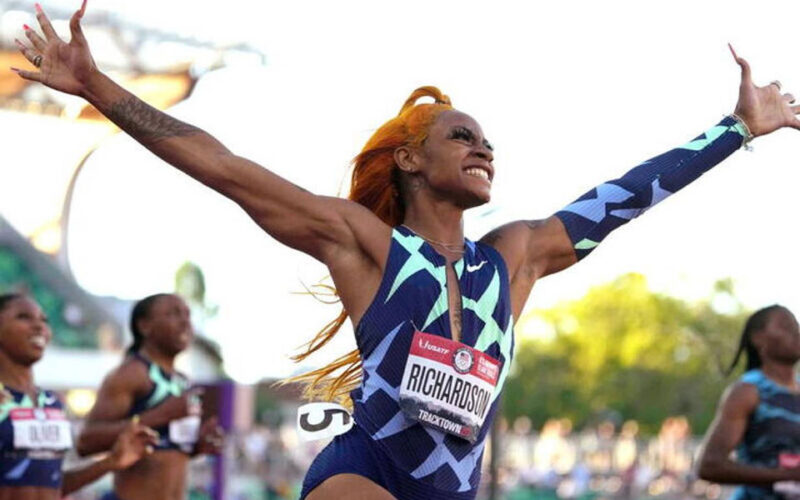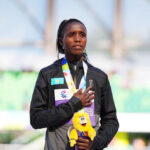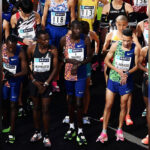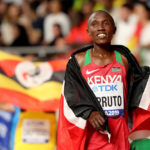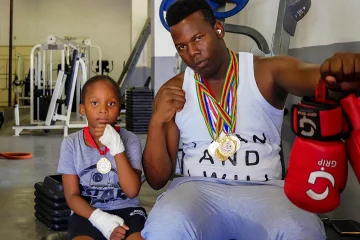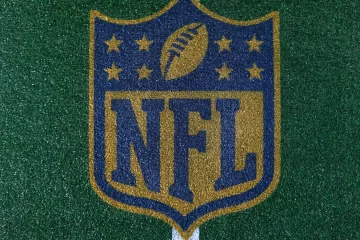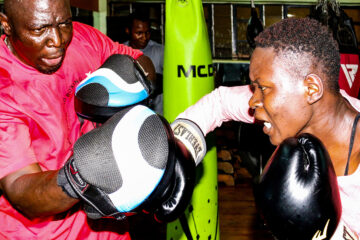BRENDAN SCHWAB
US track and field star Sha’Carri Richardson has received global support after an anti-doping tribunal imposed a one month ban for cannabis use, barring her from Olympic participation. Beyond a simple rule change, her situation demonstrates why deeper reforms are required if the World Anti-Doping Agency (WADA) is to meaningfully incorporate athlete perspectives and enjoy their trust and confidence.
In response to submissions from the World Players Association earlier this year about the unjustness of anti-doping rules, WADA made some changes to how it treats ‘substances of abuse’ – which include drugs like cannabis and cocaine. The changes were designed to bring them closer in line with the health-based approach to substances of abuse used in many other sports.
U.S leagues including the National Football League (NFL), National Hockey League (NHL), National Basketball Association (NBA) and Major League Baseball (MLB) have long had separate policies for substances that are performance-enhancing and those for ‘substances of abuse’.
Players are initially provided with a wide range of rehabilitative options, and punitive sanctions are only imposed as a last resort for repeat offences and if it is no longer in the best interests of their health to continue competing.
This approach recognises the reality that sanctions and accompanying public humiliation are just as likely to harm, rather than help athletes, many of whom may be experiencing troubling challenges with drug and mental health-related challenges.
WADA’s changes – although a long-overdue improvement – still retain an emphasis on sanctions for substances of abuse. In Sha’Carri’s case, the application of the rules now sees the equivalent of a four-year ban imposed as she is forced to miss out on her Olympic dream without any justification. The rules are not consistent with a health-based approach and could be harmful.
The rules also do not in any way advance the integrity of sport. Sha’Carri did not seek to enhance her sporting performance. Instead the integrity of sport has suffered through depriving one of the world’s best athletes of her rightful chance to compete alongside her peers.
Sha’Carri’s case represents a far deeper malaise within the global anti-doping system when it comes to the position of the athletes and how their concerns are not properly reflected in its governance or rules.
Unlike the rules in the NFL, NHL, NBA and MLB which are collectively bargained by player associations, the global anti-doping rules are drafted by WADA’s experts of choice and approved by a partnership of governments and sport governing bodies, led by the International Olympic Committee (IOC).
This means WADA’s most important stakeholder – the athletes – do not have an adequate or equal say in the decision-making processes and bodies that affect their careers and livelihood.
The approximately 80,000 athletes represented by affiliated player associations of world players and who are bound by the code in sports such as soccer, cricket and rugby, enjoy far fewer protections when compared to their brothers and sisters in sports where anti-doping is collectively bargained. Indeed, if Sha’Carri was a Women’s National Basketball Association (WNBA) player she would have been privately offered rehabilitation and her Olympic dream would remain alive.
The consultation process for the WADA Code, which sets the global anti-doping rules, highlights these differences. Although WADA’s experts ‘consulted’ with player associations, this fell well short of the robust negotiations required elsewhere.
Drafters were left with discretion to determine matters of policy and language without agreement with the athletes. Indeed, the World Players Association advocated for a purely health and wellbeing-based approach to substances of abuse in line with best practice examples when it met with WADA’s Code Drafting Team in 2018, however, this was not adopted.
It is not just the rules on substances of abuse that must change if WADA is to enjoy the trust and confidence of athletes. It must listen, incorporate and fully implement athlete perspectives if it is to stop more athletes like Sha’Carri being deprived of their Olympic aspirations.
WADA can begin by acknowledging and respecting the rights of all athletes to organise and collectively bargain, starting with those who have chosen to be represented by player associations. This will lead to better outcomes for athletes, their sports and indeed the global anti-doping effort just as it has elsewhere.
- Brendan Schwab, Executive Director and Matthew Graham, Director of Legal & Player Relations, World Players Association

